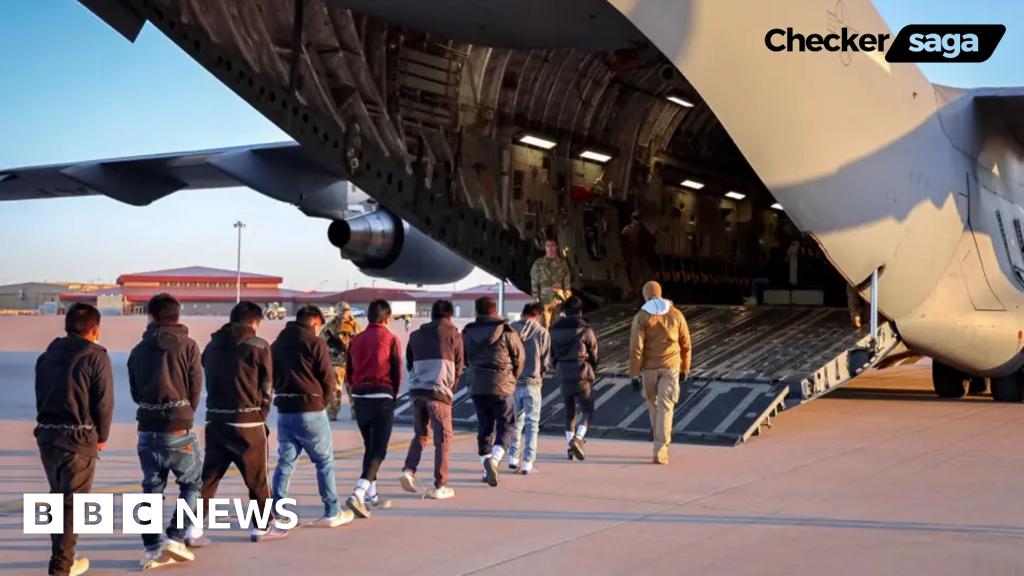In a significant move affecting trade relations, the United States has decided to suspend planned tariffs on Colombian goods, signaling a resolution to a tense diplomatic dispute that has unfolded over recent days. On January 24, 2024, the decision came after Colombia agreed to accept deported migrants on U.S. military aircraft without any restrictions, marking a new chapter in the complex relationship between these two nations.
Background of the Tariff Threats
The situation escalated when Colombian authorities blocked two U.S. military planes intended to deport Colombian citizens, leading to strong reactions from U.S. officials. President Trump made it clear that he would impose steep tariffs of 25% on Colombian imports if the block continued. This threat aimed to swiftly bring Colombia back to the negotiating table regarding deportation flights.
- The U.S. initially planned to enforce a 25% tariff on goods imported from Colombia.
- Colombian President Gustavo Petro faced pressure amidst social media exchanges with Trump.
- The tensions raised concerns over a potential trade war, especially among American coffee consumers.
Colombia’s Quick Response
Faced with the looming tariffs, Colombia swiftly agreed to accept deportees, ensuring that flights would resume with full cooperation from Colombian authorities. This agreement seems to signify a victory for Trump’s tough immigration stance while also stating that Colombia remains committed to the dignity of deportees as they are repatriated.
What This Means for Colombian Goods
The tariff suspension brings relief to many Colombian exporters who heavily contribute to the U.S. economy. Notably, Colombian coffee, flowers, and other vital goods were at risk of increased prices due to the tariffs. American consumers can now breathe a sigh of relief knowing that their favorite Colombian coffee won’t be subject to a price hike anytime soon.
- Colombian products like coffee and flowers are significant exports to the U.S.
- The removal of tariffs avoids increased costs for U.S. consumers.
- Colombian authorities emphasized ongoing humanitarian considerations in handling deportees.
The Impact on Diplomacy
This recent agreement showcases the delicate balance that exists in international relations. The resolution not only reflects the tightrope walk Colombia and the U.S. have been on over immigration policy and trade but it also underlines how social media and public statements can rapidly influence diplomatic negotiations.
Remaining Challenges Ahead
While the immediate threat of tariffs has been lifted, some challenges linger, particularly related to visa restrictions on deported individuals. Furthermore, Colombia’s swift compliance under duress raises questions about the future impacts on immigration policies and how both nations will navigate similar issues moving forward.
A Broader Diplomatic Landscape
This event isn’t just about tariffs; it shows the interconnectedness of global diplomacy where economic decisions overlap with humanitarian policies. As the countries move beyond this issue, analysts will be watching closely to see how this dynamic could shape future policies on immigration, trade, and international relations.
Key Takeaways
| Country | Impact of Agreement | Future Considerations |
|---|---|---|
| United States | Suspension of tariffs on Colombian goods | Need for solid immigration strategy |
| Colombia | Acceptance of deported individuals on military flights | Balancing national pride with international demands |
























